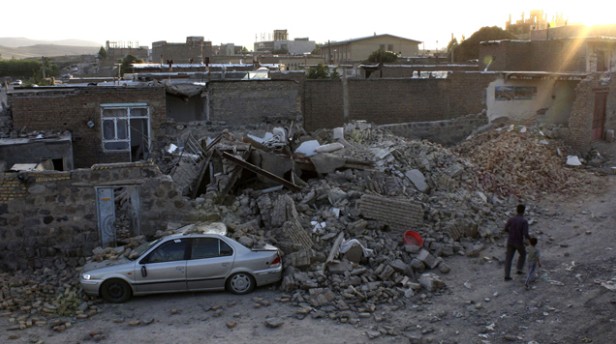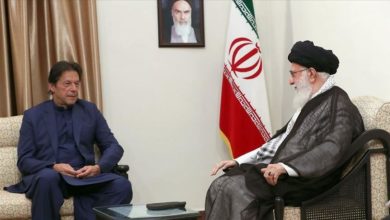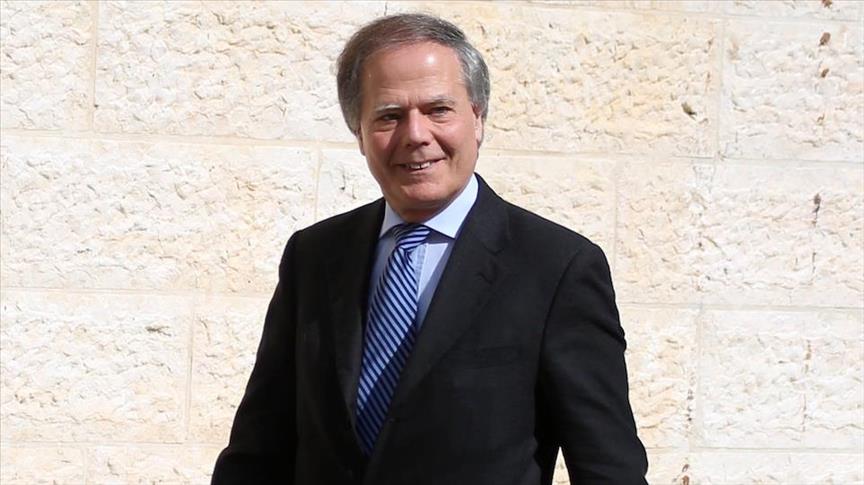Relief operations are under way in Iran after two strong earthquakes in the north-west left at least 250 people dead and more than 2,000 injured.
The 6.4 and 6.3 quakes struck near Tabriz and Ahar on Saturday afternoon, with more than 55 aftershocks reported over the following hours.
More than 100 villages are damaged – thousands of people spent the night in emergency shelters or in the open.
Relief agencies are providing survivors with tents, bread and drinking water.
On Sunday, Hassan Ghadami, Iran’s deputy interior minister, said that “all those under debris have been rescued and the quake-stricken people are now being provided with their basic needs,” the official Fars news agency reported.
“We hope that the death toll will not increase any more.”
Local officials said all the reported deaths have been in rural areas, an indication of the poorer quality of housing outside urban areas.
“This village is a mass grave,” said Alireza Haidaree, who had been searching for survivors in his home of Baje Baj.
“There are so many other villages that have been completely destroyed,” he told. Locals said 33 of the villages 414 residents had died.
“The quake has created huge panic among the people,” one resident of Tabriz told . “Everyone has rushed to the streets and the sirens of ambulances are everywhere.”
The towns of Haris and Varzaqan in East Azerbaijan province in north-western Iran were among those that suffered casualties, local crisis committee chief Khalil Saei told state TV according to the Associated Press.
Fars reported that about 110 villages had been damaged, at least four totally flattened and 60 others sustained extensive damage.
Reports say phone lines to many villages were cut off, confining rescuers to radio contact.
A resident of Tabriz told Reuters that a local hospital he visited to give blood was struggling to cope with the number of injured people, most of whom had been taken there by their families.
One farmer from the village of Qanbar Mehdizade said he and his family survived because they had been working in the open fields at the time
“I was working on my farm, on my tractor, and I felt the earth shake and I was thrown off the vehicle,” he told AFP.
A Red Crescent has provided 3,000 tents, blankets, tonnes of food and blood supplies, it also took over a sports stadium to provide emergency shelter to about 16,000 people who had fled their homes.
A provincial official warned people to stay outdoors overnight because of the risk of aftershocks.
The Turkish Red Crescent said it was sending a truck full of emergency supplies to the border.
Iranian politician Mohammad Hassan-Nejad said relief groups had still not been able to reach the more remote areas, which take several hours to access under normal conditions, and warned the death toll could rise.
“Currently the roads are closed and the only way to reach these villages is by air,” he told the Iranian Students’ News Agency (ISNA).
President Mahmoud Ahmadinejad’s office posted a statement on its website expressing condolences to those in the disaster zone and calling on authorities to “mobilise all efforts to help the affected populations,” AFP reports.

The first quake struck 23km (14 miles) south-west of Ahar and 58km (36) miles north-east of Tabriz at 16:54 local time (12:23 GMT) on Saturday, said the US Geological Survey.
The second earthquake struck just 11 minutes after the first, slightly closer to Tabriz.
Iran straddles a major geological fault line, making it prone to seismic activity. In 2003 an earthquake in the city of Bam left more than 25,000 people dead.
[adrotate banner=”41″]




The Iranian people affected by the two devastating earthquakes on Saturday need shelter, food, medicine and doctors. The United Nations should make every effort to help them, and so should the United States. We are not made of stone — despite our grave differences with the Iranian regime.
This is a time for all of us to come together as a world community and offer relief to those in need, no matter what country they are from. Shivering cold, hunger and pain have no regime ideology, and none should stand in the way to our natural inclination to help.